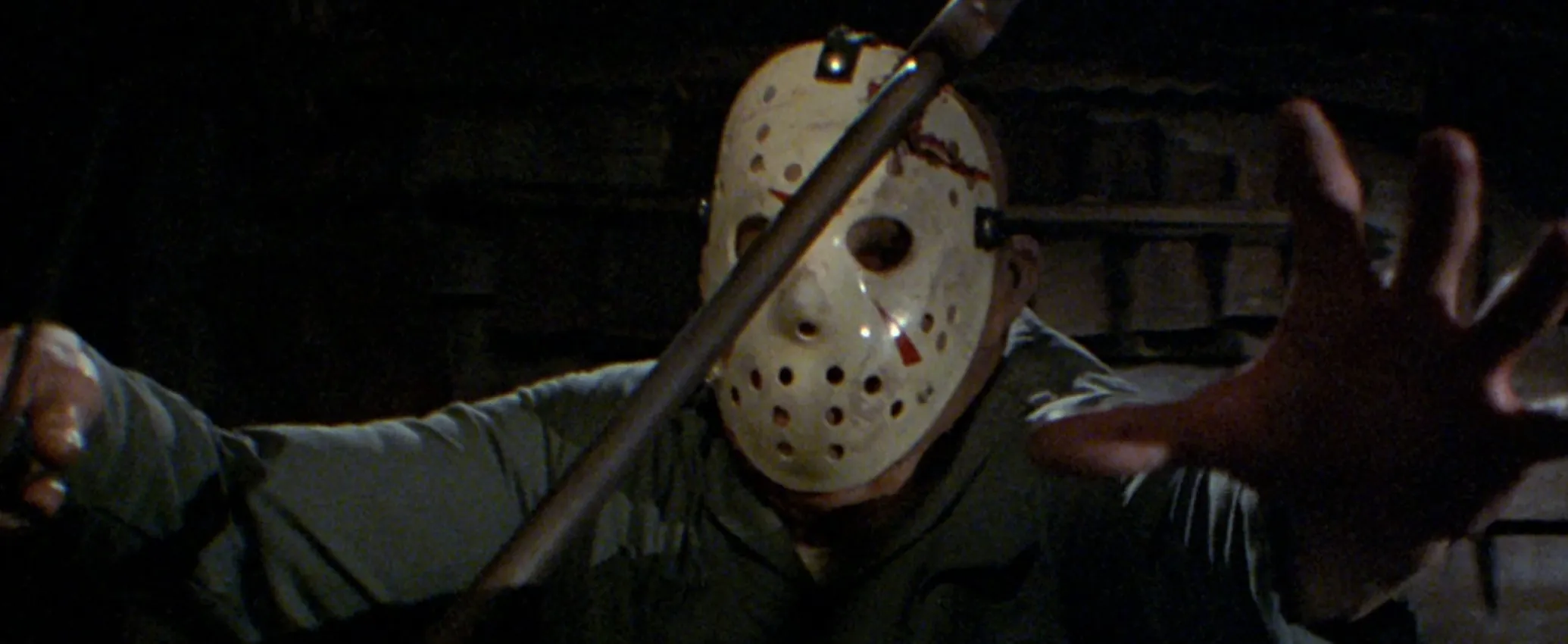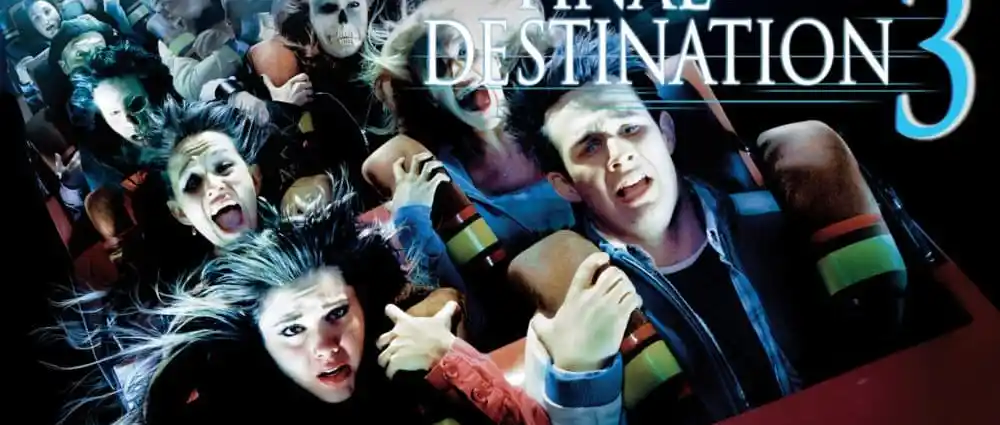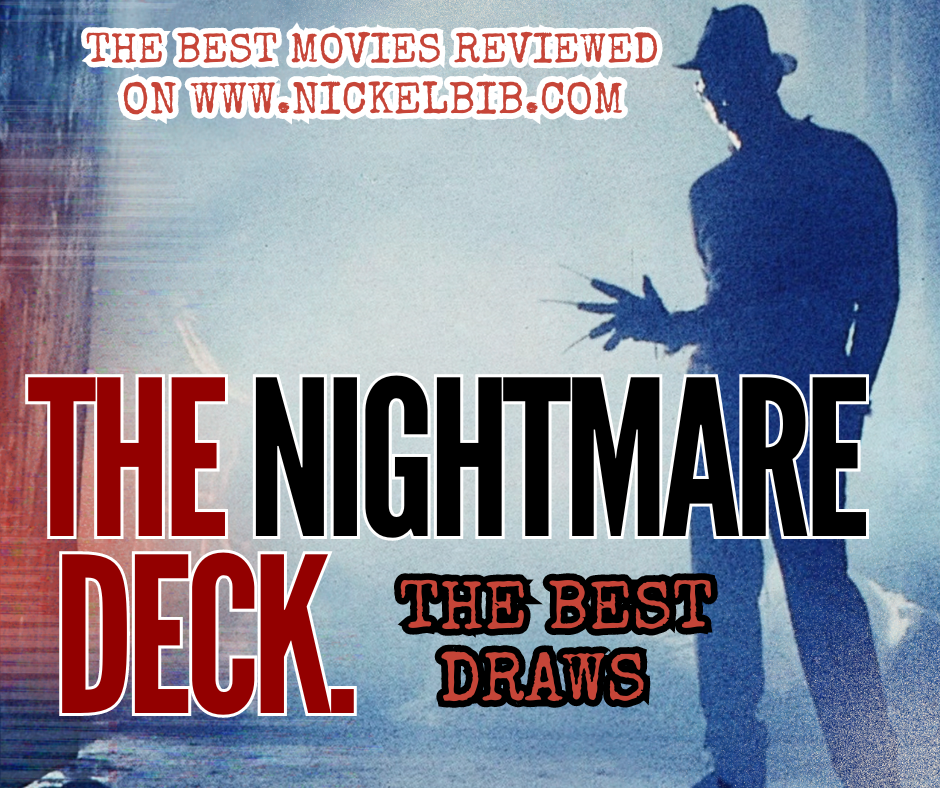Puppet Master: The Littlest Reich looked like a film capable of ushering in a new wave of interest in the nearly three-decade old interest, and, at long-last, it looked like it had individuals a little more equipped with the tools needed to project Charles Bands’ ambitions on the screen. Directed by Sonny Laguna and Tommy Wiklund, it was more the writer of this film that piqued my interest, S. Craig Zahler, whose other credentials include the overlooked gem of Bonesaw Tomahawk, a film released around the same time as The Hateful Eight, also involving Kurt Russell, that I prefer over the Tarantino film.
Existing in a parallel universe to the original Puppet Master series, the film makes minor tweaks and modifications to the series’ lore and thematic approach. Some have compared this film and its arguably more callous attitude as closer to a Troma production than a Full Moon Feature, which I think is grasping at straws for a comparison’s sake. Unlike the original series, which featured the dolls conceive by Toulon, an individual who greatly opposed The Third Reich, this film follows Andre Toulon as a Nazi who animated the puppets as weaponry for The Third Reach, sternly affirming Toulon and the Puppets as antagonists, whereas, in the original series, they were more flexible.
The film follows the main-character played by Thomas Lennon, an actor I’m surprised to see this film, who moves back in with his parents after divorcing his wife, and attends a convention, looking to sell a puppet he uncovers in his deceased brother’s bedroom. He, alongside his best-friend and recently acquainted girlfriend, soon find themselves caught off-guard when their puppet, as well as the many puppets at the convention, come alive and look to start back where they left off.
The film is capably shot and isn’t as campy as it could have been in the acting department, which is a plus, all things considered. I liked Lennon’s character, as he carries a stoic, cynical quality I think the actor works well with. I’ve heard some critics refer to this film as gleefully offensive and shlock cranked to eleven, which is a little overzealous. In all honesty, if you watch the film scene-for-scene, I would argue it’s tame and convention. Then again, I don’t think most critics looking at this film in-particular are as closely acquainted with the subject-matter as I am.
Ultimately, while it doesn’t shy away from violence or bloodshed, that, I wouldn’t deem that as inherently offensive. What’s offensive about Puppet Master: The Littlest Reich is the idea that puppets were used during the Holocaust. It’s offensive for its fictionalized accounting for very serious subject-matter in such an over-the-top and audacious manner, but, at the same time, the film has too much sentiment to be deemed as all the way in the gutter. The Puppet Master reboot firmly stamps it foot in the ground saying that the Holocaust was a horrible event that shouldn’t happen, and its characters, particularly the main-character’s Jewish friend, brings an unsuspected seriousness and sentiment to the role. His character isn’t simply focused on survival but is specifically focused on keeping the Jews from having a repeat of one of history’s worst tragedies.
The sentiment and attempt at seriousness feel like the worst aspect about the film in my opinion. The main-character’s friend and his heroics feel jarring and have a sentiment that is difficult to take seriously in a film with such an outlandish premise that it makes for a tonally disheveled flick.
On the bright-side, the central crux of Puppet Master: The Littlest Reich is a lot of fun. Having the characters all together at a convention alongside many others, being snuffed out by a wide-range of colorful, silly puppets, makes for a wild, slasher-like vibe. It’s an idea that writes itself, and while The Littlest Reich doesn’t have a lot of innovation to the craft, it does have some enjoyable scenes as well. Refusing to scamp out on gratuitous nudity and violence, The Littlest Reich is a thrill-ride of nonsense, propped up with decent camera-work, special-effects, and acting, as well as a more meticulous production-value than what we’ve ever seen in earlier Puppet Master entries.
While I think the film could’ve afforded to simplify certain seriousness in-favor of a more light-heart approach for the betterment of its own tonal consistency, I think that what Puppet Master: The Littlest Reich amounted to is a guilty-pleasure film that checks off more marks than its predecessors and, honestly, pleasantly impressed me in that regard. It’s a fun film with fun scenes and fun special-effects, and, while I won’t say it’s necessarily a good film, I think it’s what I wanted from the eleventh Puppet Master.





